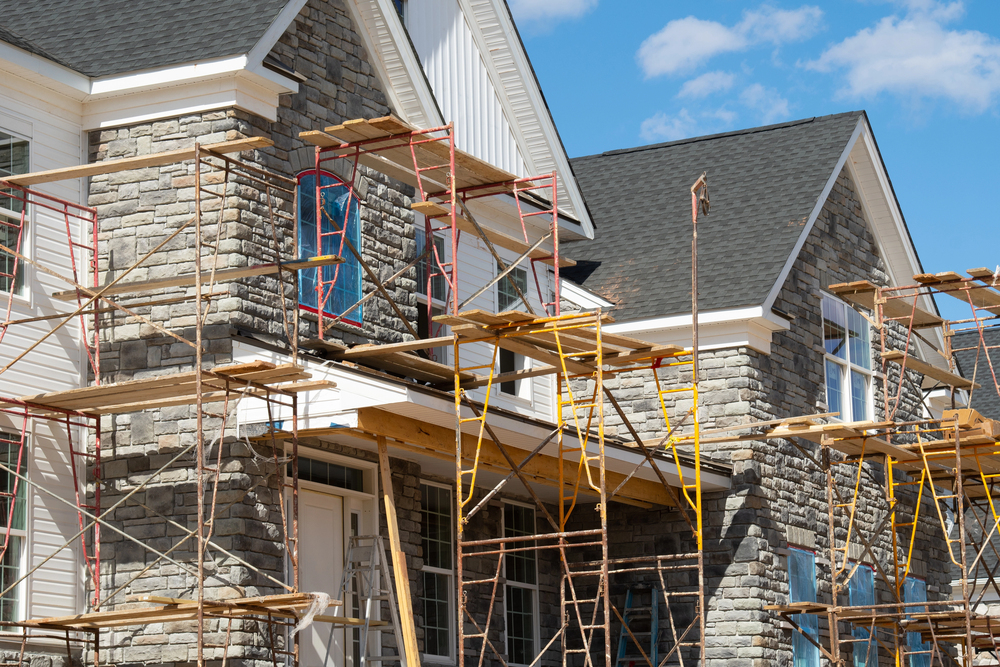Is Water Damage from Lawn Irrigation Pipe Excluded as ‘Surface Water Damage’?

By: Big “I” Virtual University Faculty
After a lawn irrigation pipe ruptured, water flooded the insured’s home and caused damage to the basement. The carrier denied the claim citing the exclusion for ground surface water.
The agent feels like it’s an incorrect denial, because:
1) Proximate cause. There was an uninterrupted series of events that led to this loss. The proximate cause of this loss was a broken irrigation water pipe on the residence premises, not surface water.
2) Definition of surface water. All descriptions of surface water in the coverage form are described as natural water events: flood, waves, tidal water, tsunami, seiche, overflow of a body of water and so on. None of them refer to the escape of water from a home plumbing system on the residence premises in the description of surface water.
3) Exclusion to the water damage exclusion. According to the coverage form, the water damage exclusion specifically states: “However, this exclusion does not apply to overflow and escape caused by malfunction on the residence premises, or obstruction on the residence premises, of a drain or plumbing appliance on the residence premises.”
A lawn sprinkler system most certainly is a plumbing appliance on the residence premises. Since “residence premises” is a defined term, we go to the definitions. “Residence premises” is defined as:
- the one, two, three or four family dwelling, used principally as a private residence;
2) other structures and grounds; or
3) that part of any other building;
where you reside and which is shown in your Policy Declarations.
This home and property meet that definition.
4) No lawn irrigation pipes exclusion. Other carrier contracts that intend to exclude coverage from lawn irrigation pipes and exterior faucets have specific exclusions to this effect. This contract does not.
5) Carrier burden of proof. This is a special form perils contract, putting the burden on this carrier to prove the loss is not covered, not the burden for the insured to prove that it is. The benefit of the doubt in this case goes to the insured.
A fun fact: This form edition date is from 2009. The carrier has covered this exact type of claim multiple times since this coverage form was launched.
Q: Does damage caused by a ruptured lawn irrigation pipe count under the exclusion for surface water damage?
Response 1: I agree with you. Politely lay it out for the adjuster and if they still don’t agree, move it up the chain to a claim manager.
Response 2: Your reasoning sounds plausible. However underground plumbing is specifically excluded as the exterior and is not a part of the residence itself. Remember, the company must state exactly why a denial has been presented.
Response 3: I agree with your assessment. The form gives back coverage for the failure of the insured’s plumbing system, which the lawn irrigation system would be. Loss to personal property would also be covered due to the named peril of accidental discharge of the plumbing system.
It would not make sense to provide broader coverage with the named perils for personal property than the open perils for loss to the dwelling.
Response 4: The lead-in language to the exclusions modifies the efficient proximate cause to exclude concurrent or sequential causes of loss:
We do not cover loss caused directly or indirectly by any of the following excluded perils. Such loss is excluded regardless of any other cause or event contributing concurrently or in any sequence to the loss.
If your jurisdiction permits the application of this language, the insurer is correct. If your jurisdiction does not permit the application of this language, then you are correct in your efficient proximate cause analysis. But that must be determined on a jurisdictional basis, and that’s beyond the scope of Ask an Expert.
This question was originally submitted by an agent through the Big “I” Virtual University’s (VU) Ask an Expert service, with responses curated from multiple VU faculty members. Answers to other coverage questions are available on the VU website. If you need help accessing the website, request login information.
This article is intended for general informational purposes only, and any opinions expressed are solely those of the author(s). The article is provided “as is” with no warranties or representations of any kind, and any liability is disclaimed that is in any way connected to reliance on or use of the information contained therein. The article is not intended to constitute and should not be considered legal or other professional advice, nor shall it serve as a substitute for obtaining such advice. If specific expert advice is required or desired, the services of an appropriate, competent professional, such as an attorney or accountant, should be sought.










